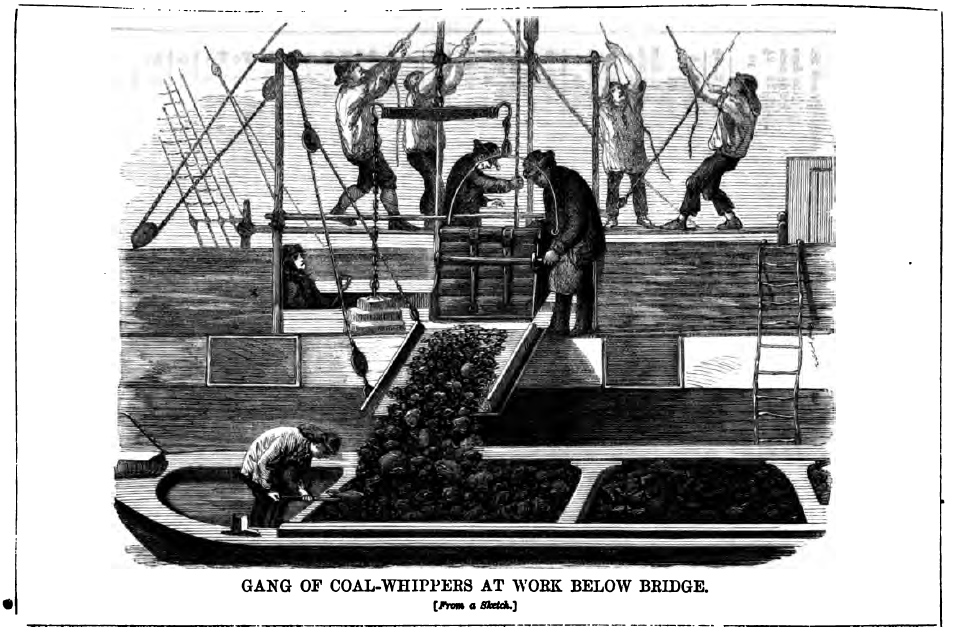A day does not pass when you do not encounter a millennial drunkard. There he is, shamelessly clutching a container of liquid in public; there she goes, sucking on her bottle in plain sight. They are the water drinkers.
They are unlike other animals, which drink when, and only when, they are thirsty. Humankind has latched onto another reality. Scientists, doctors, probably shamans, muftis and rabbis too, have instructed the benighted of the species that the god Hydration is to be worshipped and worshipped often.
Of course it couldn’t simply be a fad, could it?
It could not possibly be that the state of human knowledge is as yet imperfect on the question of imbibing aqua in copious amounts?
It may be interesting to listen to history on this one.
There was a time when water even in small quantities was considered a killer. And we are not talking about the strong likelihood that drinking water from the river or the local parish pump could very probably harbour cholera and the like. No, drinking water, especially cold water after exercise when the body was ‘excited’ (in the old meaning of the word) could kill you stone dead in minutes.
Let’s hear testimony from those who really knew about thirst. Let’s interview some coal whippers around Christmas 1849.
Why they were called whippers is not so important. Just imagine a flat bottomed collier, beached on a Thames mudbank the hold stuffed with nearly 500 tons of coal. Whatever the weather, a gang of (usually nine) coal whippers shovelled that coal, winched it up in baskets onto deck and barrowed it onto lighters. They felt proud of themselves if on a good day they shifted 180 tons and only taking a break for a drink or food each time the team offloaded 28 tons.

In the winter it was hard work, in the summer heat it could be hell. All the year breathing in coal dust meant that not many whippers lived beyond their forties.
These men would take pints of tea or coffee to their work, and if the location allowed it would buy quarts of milk or even ginger beer from nearby sellers. Too often though they resorted to buying rotgut beer, laced with brine to double their thirst, along with additives as poisonous as opium and strychnine. The beer was sold from passing floating pubs known as ‘purl boats’,.
There was a universal fear of water though. This is what one of the men said, that winter’s day in 1849: “If we could get pure water, I do not think it would do as well for us, especially in winter time. In winter time it would be too cold and too great a contrast to the heat of the blood. It would in my opinion produce stagnation in the circulation. We have had instances of men dying suddenly through drinking water in a state of excitement.”
Here’s another witness from the same gang: “Cold water would give a pain in the inside, so that a man might have to lie down and be taken ashore, and perhaps give up work altogether. Many a man has been taken to hospital merely through drinking cold water over his work. They have complained of a weight and coldness in the chest. They say it has chilled the fat of the heart.”
So who’s right then, the coal heaver or the iPad Air head?
